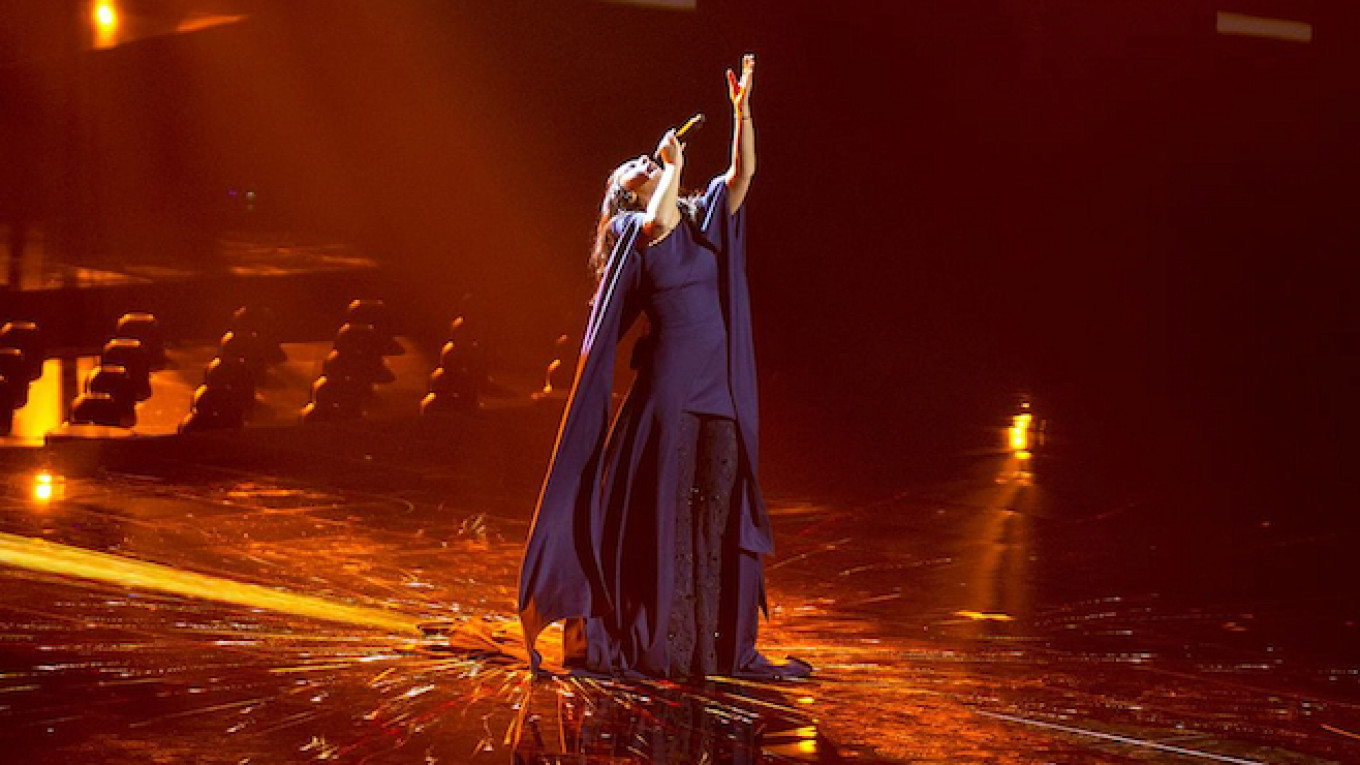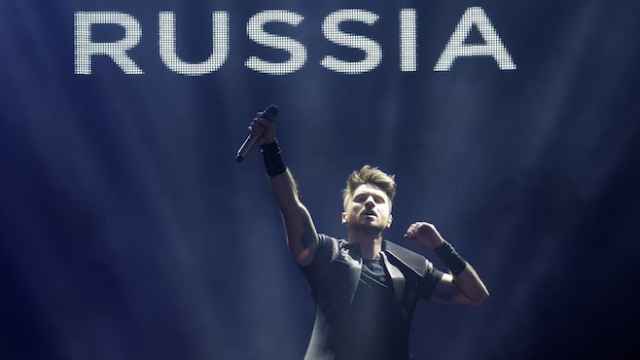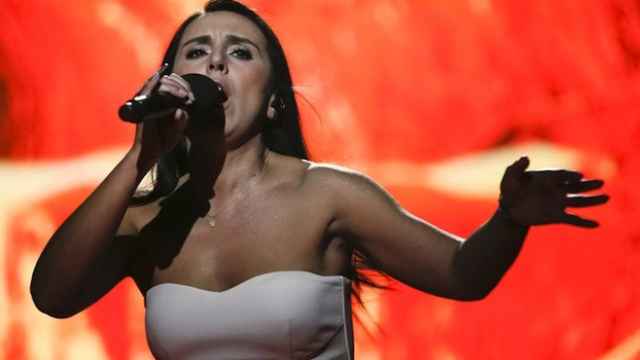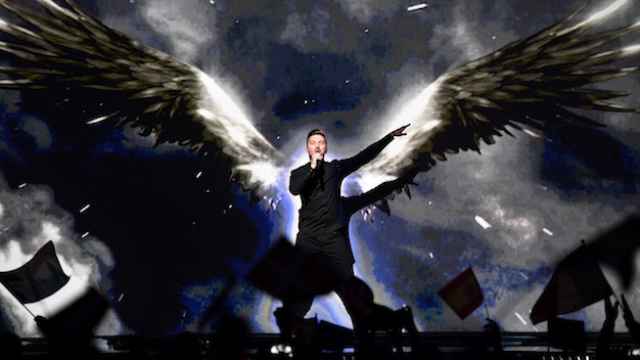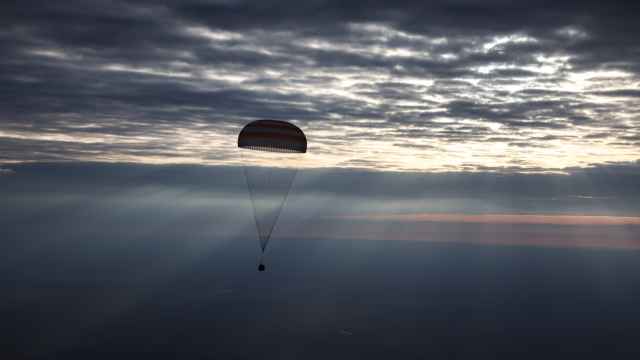Ukraine came first in the Eurovision Song Contest on Saturday, in a defeat for Russia that many in Moscow claim is more connected to geopolitics than its candidate's performance.
Ukraine's Jamala struck gold at the Stockholm final with more than 500 points. Russia, the bookmakers' favorite, came in third place, behind Australia.
Despite the contest organizers' insistence the contest is apolitical, the final was laden with symbolism.
Russia and Ukraine have been at crosshairs ever since Ukraine's pro-Moscow leader Viktor Yanukovych was toppled from power. And Russia's annexation of Crimea continues to be a sore point in Ukraine and the West.
Jamala's winning song "1944" is officially about the mass deportation of Crimean Tatars under Stalin. But the act clearly also alludes to the current fate of Crimean Tatars, which have complained of a renewed wave of repression under Russian rule. Ahead of the final, Jamala called upon voters to show they were not "indifferent" to Russia's actions and said Ukraine would not attend a Eurovision contest hosted by Russia if it won.
Russia's candidate, Sergei Lazarev, however, has distanced himself from the political rhetoric. And following his defeat, he congratulated Jamala on her act.
"I am trying to think that it is all about music and not about politics. We are at a song contest, not a political one," Lazarev said, the Reuters news agency reported.
His coach, Filip Kirkorov, was quick to point out that Lazarev and his performance of "You Are The Only One" had won the popular vote — which constitutes 50 percent of the total score. "All of Europe voted for Sergei," he told Russian state television in a live broadcast.
Under a new system, the final scores at Eurovision are a combination of a popular vote and the votes of a professional jury. So while Lazarev was the public's favorite, the jury sided with Jamala.
At home, Lazarev's defeat has sparked cries of foul play.
An article in the pro-Kremlin Komsomolskaya Pravda tabloid headlined: "How the European jury stole Lazarev's victory." And Duma deputy Yelena Drapeko told the state-run TASS news agency: "This is part of a propaganda war against Russia. It's about the overall demonizing of Russia — that everything is bad over here, that our sportsmen use doping, that our airplanes violate [other countries'] air spaces."
Meanwhile, Lazarev is set for a hero's welcome at home.
"Sunshine, you're the best, you're the winner," his mother told Lazarev during a live broadcast on Russian state television. "We're waiting for you at home, with borscht and chicken, I promise!"
A Message from The Moscow Times:
Dear readers,
We are facing unprecedented challenges. Russia's Prosecutor General's Office has designated The Moscow Times as an "undesirable" organization, criminalizing our work and putting our staff at risk of prosecution. This follows our earlier unjust labeling as a "foreign agent."
These actions are direct attempts to silence independent journalism in Russia. The authorities claim our work "discredits the decisions of the Russian leadership." We see things differently: we strive to provide accurate, unbiased reporting on Russia.
We, the journalists of The Moscow Times, refuse to be silenced. But to continue our work, we need your help.
Your support, no matter how small, makes a world of difference. If you can, please support us monthly starting from just $2. It's quick to set up, and every contribution makes a significant impact.
By supporting The Moscow Times, you're defending open, independent journalism in the face of repression. Thank you for standing with us.
Remind me later.


